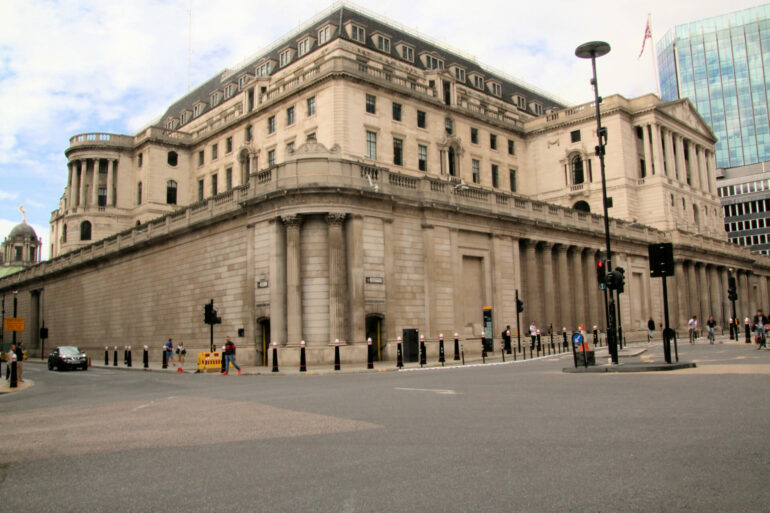Lindsay James, investment strategist at Quilter Investors, has warned that inflation is unlikely to stay sustainably at the target 2% reported earlier this week.
As a result, she said that the Bank of England was unlikely to lower the base rate in its announcement later today (20th June).
James said: “With the Bank of England highly likely to keep rates unchanged at today’s MPC meeting, in response to two sets of inflation prints that have been published since the previous meeting, both of which showed month-on-month inflation figures which remain much higher than needed for inflation to remain at 2%.
“Similarly, with wages still growing in the region of 6%, as they play catch up with a rising price level, services inflation is going to be slow to come down from its current level of 5.7%, feeding through to a core inflation rate of 3.5%, again well above the target level.
“Ultimately, in a mildly improving economic environment with consumer confidence now picking up from low levels, the central scenario looks likely to be that inflation drifts higher through the remainder of the year.
“With the Bank of England having previously emphasised the requirement for inflation to return to 2% sustainably, the evidence is not yet there that it has done that, and may not be for some months yet.
“That makes the likelihood of a rate cut this summer increasingly low, something already recognised by the market which prices in the first rate cut only by November.”
James also said these factors would affect the upcoming General Election, set to take place on 4th July, with Labour currently polled to potentially win a 200-seat majority, which could spell upheaval in the coming years.
She said: “If this does in fact come to pass, and we know from recent history to take polls with a large pinch of salt, then the next five years are likely to see Labour largely unchallenged in the Commons and with the mandate to make significant change, if not with the fiscal headroom to do so.
“The scale of change achieved in the first period of the New Labour Government was led by heavy spending on public services, something which later went unchecked when growth dipped and never led to the scale of tax rises that would have been required to pay for it sustainably.
“Whilst this iteration of Labour seems well aware of the challenging economic legacy they look likely to inherit, and the implications of that for public spending, a win of the magnitude predicted would nevertheless hand them a mandate to reprioritise and reshuffle existing spending and taxation meaningfully.
“Whether this serves to grow the appetite for investment and support the UK economy will depend on details that are yet to be shared, but the energy and vision of a new centrist government that enjoys considerable breadth of support should be a good starting point for the domestic economy.”



